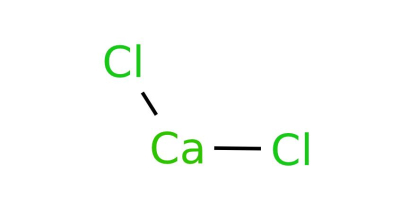Phytase CAS#37288-11-2
Enhances Phosphorus Utilization – Hydrolyzes phytic acid to release usable inorganic phosphorus for monogastric animals.
Improves Animal Growth Performance – Promotes better nutrient absorption and supports healthy growth.
Reduces Feed Costs – Lowers the need for added inorganic phosphorus supplements.
Eco-Friendly Benefit – Decreases phosphorus excretion in feces, helping to reduce environmental pollution.
Phytase is a phosphate monoester hydrolase primarily derived from microorganisms and some plant seeds. It hydrolyzes phytic acid in plants into orthophosphate and inositol derivatives. Simultaneously, large amounts of zinc and calcium ions chelated by phytic acid in the gastrointestinal tract are released for animal use due to the hydrolysis of phytic acid molecules. Therefore, adding phytase to the diet can improve phosphorus utilization in feed for monogastric animals such as pigs, promoting growth. It can also reduce the amount of added inorganic phosphorus, reduce phosphorus emissions in feces, and mitigate environmental pollution. The recommended dosage of phytase in feed is 150g/t. Phytase is a phosphatase that hydrolyzes phytic acid. It degrades phytic acid phosphorus (inositol hexaphosphate) in plant-based feed into inositol and inorganic phosphorus for animal use.
Density | 1.33-1.42g/cm3 at 20℃ |
Storage Conditions | -20℃ |
LogP | -3.1--2.95 at 25℃ |
English Name | Phytase |
English Synonyms | PHYTASE;PHYTASE DS;PHYTATE 6-PHOSPHATASE;MYO-INOSITOLHEXAKISPHOSPHATE 3-PHOSPHOHYDRO LASE;MYO-INOSITOL-HEXAKISPHOSPHATE 6-PHOSPHOHYDROLASE;EC 3.1.3.8;EC 3.1.3.26;6-PHYTASE |
CAS Number | 37288-11-2 |
Molecular Weight | 0 |
EINECS Number | 609-386-0 |
Phytases are naturally derived. One type is found in plants, molds, and bacteria, while another is found in plant seeds. Their activity is affected by factors such as pH, moisture, temperature, and duration of action. Currently, the most widely used microbial phytase is produced by NRR135 from the fig plant, which has two optimal pH values: 2.5 and 5.5. Its use in chicken feed can increase phosphorus utilization in plant-based feed ingredients by 60%, reduce the anti-nutritional effects of phytic acid phosphorus, lower feed costs, and mitigate phytic acid phosphorus pollution to the environment.














